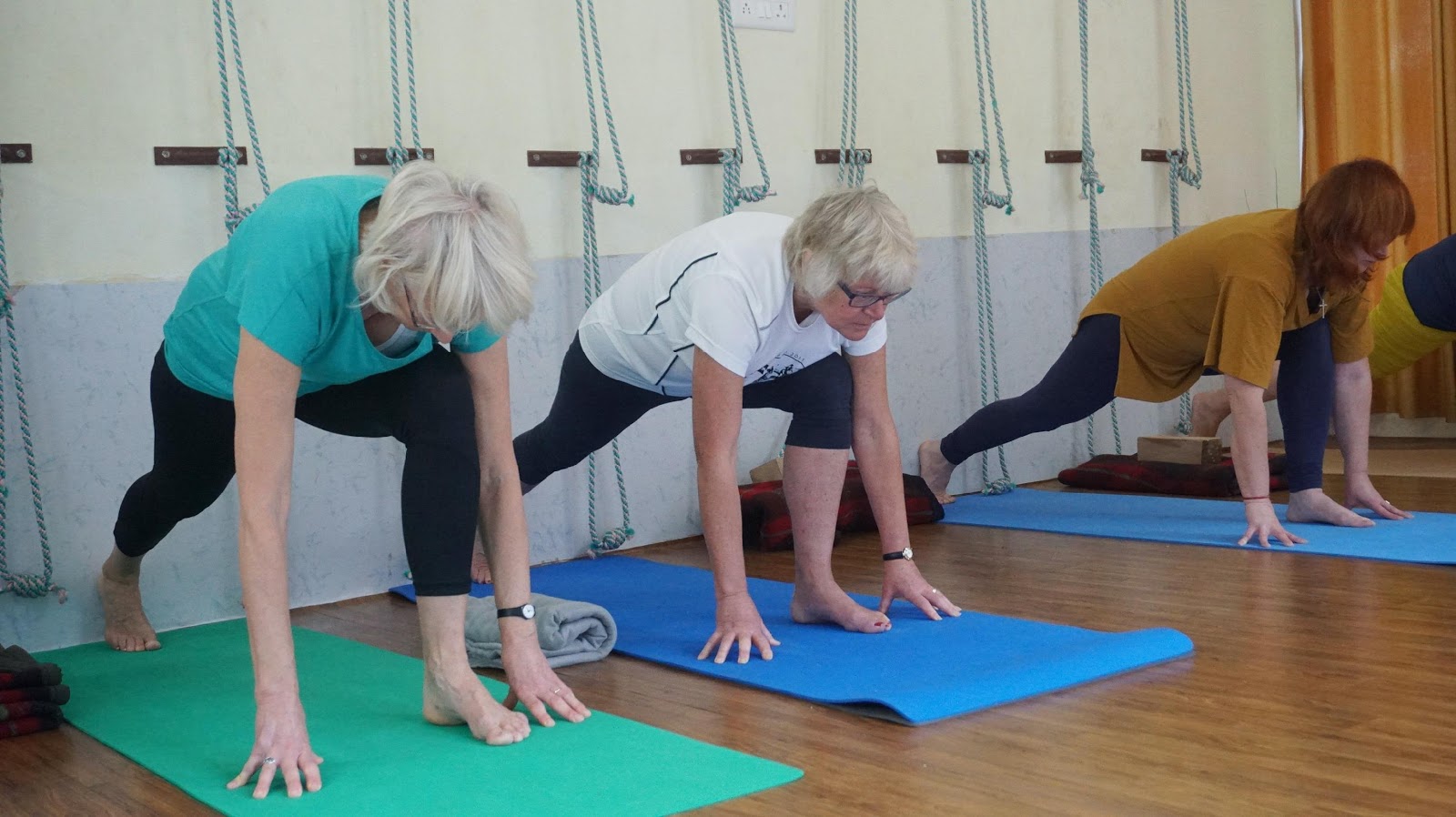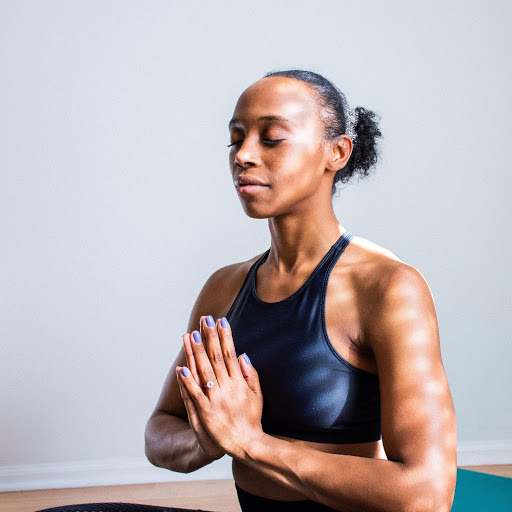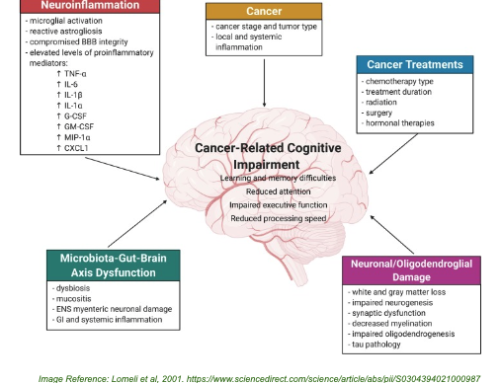The role of a carer is often a challenging and demanding task. Since the focus is primarily on the person in need, many carers find they have lost some of the art of looking after themselves. Self-care is an essential part of caring for others and it can easily become forgotten in the emotional and physical demands of being a carer.
Taking care of yourself doesn’t mean me first; it means me too.
L.R. Knost
It goes without saying that your job as a carer will be easier and improved when you are looking after your own health, but many carers find themselves feeling guilty, time-poor or too exhausted for self-care.
Breaking down ways to take care of yourself and creating daily habits will make self-care more achievable and much easier.
- Physical Health
- Mental and Emotional Wellbeing
- Activities
Physical Health
Eating Well
Nutrition is a great starting place for taking care of yourself. A balanced diet which is low on salts and sugars and full of leafy greens and other veggies, nuts and seeds, plenty of water and good oils (think fish and avocado) will lead to better sleep, better mental acuity, more energy and a better physical state.
Try this:
- Spend five to ten minutes on a Sunday planning a few meals for the following week.
- Do one big grocery shop so you don’t have to go to the supermarket multiple times during your week.
- Make a big batch of one or two nutritious meals on the weekend so you have something delicious and healthy ready to go if you’re too tired to cook.
Exercise

Exercise is an essential part of wellbeing. It improves sleep, reduces the risk of many chronic diseases, has positive psychological effects and will improve your ability to perform your tasks as a carer. It also offers a break from your role of caring.
Exercise can be a daily walk with a friend, yoga, swimming, a dance class or even some bodyweight exercises in the backyard.
Try This
- Ask a friend to go for a walk with you weekly.
- Try some at home exercise apps such as Fluidform Pilates at home, Sweat or Yoga at Home with Adriene.
- If you are a beginner, seek the advice of a health professional who will point you in the right direction.
- Getting started it the hardest part. Don’t put too much pressure on yourself and be kind to yourself in the process. Remember it takes time to build healthy habits.
Mental and Emotional Wellbeing

Caring is often a mentally taxing job and is one that can result in high stress from a variety of sources. Relationships can change in the face of caring, be it friends, family, or even the person you’re caring for. Carers can feel isolated or unsupported by their network and may feel trapped and resentful of their caring role, as well as guilty for feeling that way.
Stress
Prolonged high stress can lead to many stress related illness which include heart disease, endocrine dysfunction and mental health disorders. Building little relaxation habits into your week can help to reduce the amount of stress that you’re feeling.
Another important element of managing stress is both asking for and accepting help when offered. Many carers try to do everything alone. This will add to stress, fatigue and feeling overwhelmed. Don’t be afraid to lean on your network, join support groups and seek help when you need it.
Try This
- Identify your stressors and write them down. This will help you to prepare and deal with stressful situations before they come up.
- Try to organise breaks for yourself during your week. Organisations such as Caring for Carers can point you in the direction of volunteers or respite services that can give you time off from your caring role.
- Seek help if you’re feeling overwhelmed. Speak to your GP, a counsellor or look at sites such as Beyond Blue who have many readily available resources.
- Try relaxation and meditation apps such as Smiling Mind or Headspace. 5 minutes of meditation or mindfulness can reset your mental state, calm your mind and reinvigorate you.
Sleep
Sleep is an all-important element for a health life. It is recommended that most adults get 8 hours of sleep per night and this will impact everything from energy levels to risk of chronic disease. As a carer whose emotional and physical demands may be higher than the average adult, a good night’s rest is an essential element for wellbeing.
Try This:
- Start preparing for bed an hour before you actually go to sleep by winding down, reducing stimulating activities and doing something relaxing like a shower, meditation or reading a book.
- Reduce your caffeine intake during the day.
- Put a yellow light filter on your phone two hours before bed to avoid stimulating your brain.
Activities

Having activities outside of caring is a great way to take time out for yourself. It may be as simple as having a coffee with a group of friends, joining a book club or taking a yoga class. The importance is having something that is just for you.
Try This:
- Write down the activities that you love. It might be watching a favourite TV show, catching up with a friend or doing something creative.
- Put the list somewhere visible and pick something out every week that you’re going to do.
- Plan your week ahead and mark down the “you time” activities every day. Some days it might be something small like meditation or a bath. Other days you might go for lunch with friends for several hours.
- Ask for help when you need to. Lean on your network and let them know you’re making a change and including more ‘you time’ in your week.



